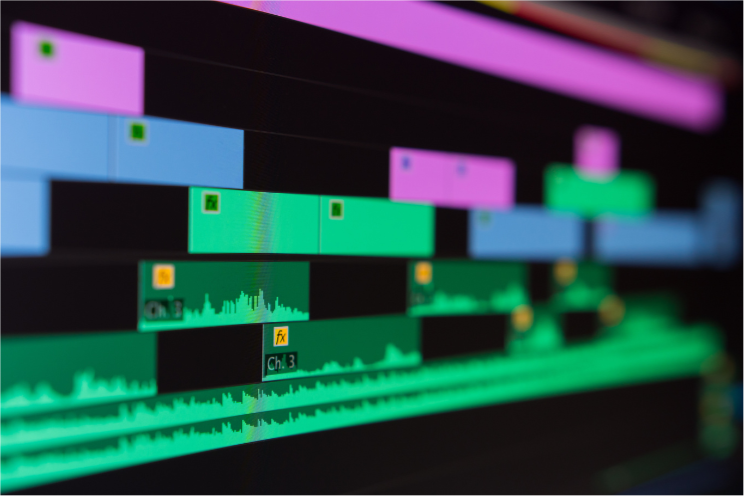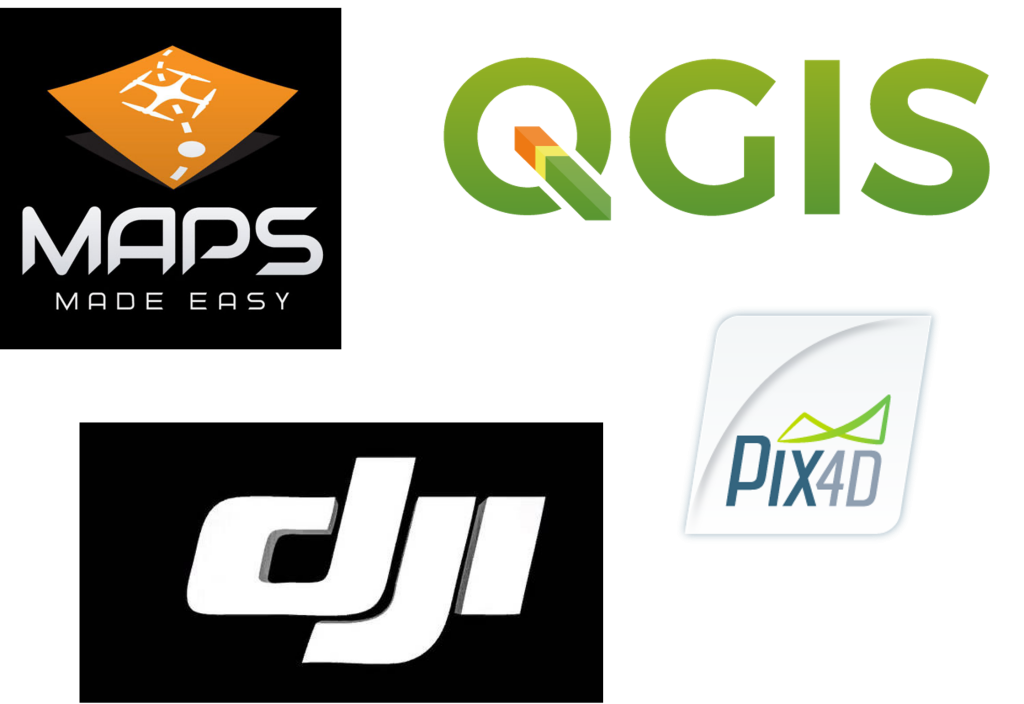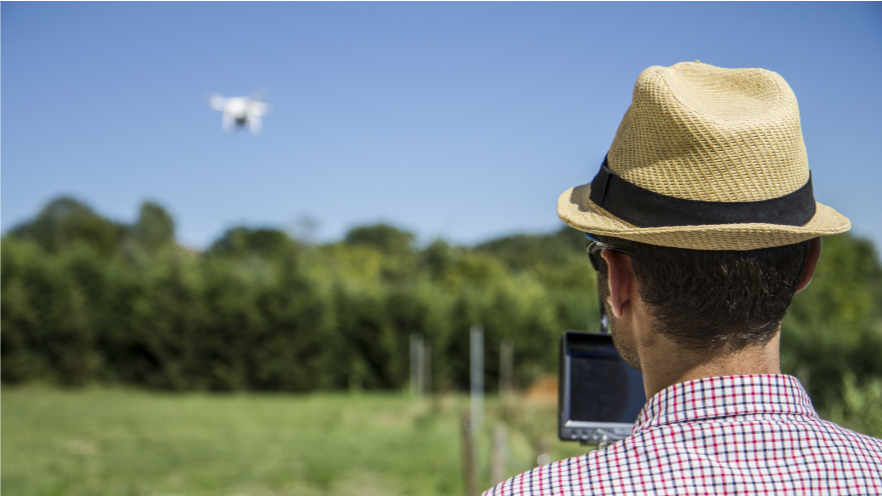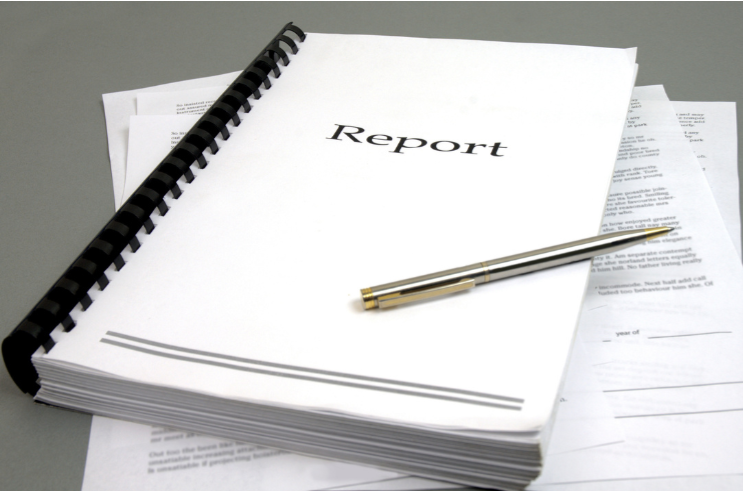This is part-2 of the blog following the steps I took to start my drone business. Drone services are becoming more and more popular, which means that the drone business is becoming a more competitive industry. And for good reason – they offer a unique perspective that can be used in a variety of industries. You can find part-1 of the blog here “How To Start A Drone Business (Part-1)“
To start your drone business you need to decide what services you will provide, identify customers, and figure out how you can solve their problems. But first, you need to complete a few simple steps to get started.
Starting My Drone Business: (Part-2)
I’ll list the activities, how long each step took, how much it cost, and how difficult it was. If you plan to start a drone business or are just thinking about it, then this should give you some sense of what to expect. So, if you’re ready to start your own drone business, keep reading!
PURCHASE YOUR SOFTWARE
Cost: $440/yr
Difficulty: Takes Work
Time: 6 weeks to test different software and decide
Believe it or not, your software is actually more important to building a successful drone business than the drone. Software is what allows me to transform photos and videos into something a customer will actually pay for. My software falls into 3 categories.
Photo & Video Editing Software
Anyone with a drone and a camera can start a drone business. But to be successful, you’ll need more than just a flying camera. You’ll need to be able to edit your photos and videos to create a professional product that your clients will be happy to pay for. For more details see our article “Drone Photography: A Practical Guide“

That’s where photo and video editing software comes in. With the right software, you can turn raw footage into stunning videos that showcase your work in the best possible light. You can also use editing software to add text captions, transitions, and other special effects that will make your videos stand out from the rest.
For photo video, I invested in Adobe Premiere Pro and for photos, I use Adobe Lightroom. Normally Premiere Pro is $240/yr and Lightroom is $126/yr. I got the entire Adobe software suite for the $20 student price when I took an online course with Drone Launch Academy (I recommend them).

Adobe products have a definite learning curve, but if learning new stuff scares you then you may want to rethink starting a business.
Flight Automation Software
If you plan to offer drone services in mapping or inspection, you need to invest in good flight automation software. This software will help you plan and execute your flights, as well as keep track of all the relevant data. For more details see our article “Phantom 4 Pro Drone For Aerial Mapping“
There are a few things you should look for when choosing flight automation, such as ease of use, comprehensive features, and compatibility with your drone hardware.
I plan to offer mapping and survey services in my own business, so I absolutely needed flight automation software. For flight automation, I purchased Litchi, Dronelink, and Map Pilot Pro. I primarily use Dronelink and Map Pilot Pro. There are many other great options like Drone Deploy, DJI native apps, and Pix4D.
I like Dronelink because it enables more control over the drone and we plan to develop more advanced products that will need this capability.
Aerial Mapping Software
To create mapping products I subscribed to Maps Made Easy (MME). Pix4D and Drone Deploy are the state-of-the-art go-to’s for many businesses. I did the 30-day trials to test all three and I found that MME has two huge advantages:
(1) it’s cloud-based so I only pay for what I use
(2) I get unlimited small jobs for free
I like Dronelink because it enables more control over the drone and we plan to develop more advanced products that will need this capability.

That means I didn’t shell out thousands of dollars on software before generating any revenue AND I could practice for free. One big complaint I’ve heard about MME is that it’s cloud-based so I don’t maintain strict control over customers’ data. But I’m not working with top-secret data. I don’t think there’s a huge black market for construction site orthomosaics (I could be wrong).
FYI, there’s a free open-source option called webOMD that could be a good option but I have not tried it yet.
Important note, if you plan to do government work, then data control will be an issue and you’ll need to use dedicated software like Pix4D or Drone Deploy on your computer. Also, the government will not allow you to use DJI products because they are a Chinese company. I plan to pursue government contracts (remember the business plan?), so this is something we’re considering.
Finally, I got QGIS (free open source) for more advanced data analysis.
So that’s $440/yr for my software which is really amazing given the price of most software packages. Once my student license for Adobe runs out next year my costs will increase.
PRACTICE. PRACTICE. PRACTICE,
Cost: FREE
Difficulty: Easy and Fun
Time: Never Stops
Let’s face it, unmanned aerial vehicles are awesome. So next, I spent time learning the basics of how to fly. I learned to fly square patterns, circles, and figure eights (forward and backward).
I’d played video games all my life so it wasn’t too difficult. I used local baseball fields and soccer fields to give myself plenty of room. But often I just flew in my front yard which taught me to be careful because I have a couple of trees.

Here’s what I’ve found, you don’t need to be a great drone pilot. Most of my services don’t require any significant pilot skills. For photo/video, I either use the A2S intelligent flight modes or use Dronelink (or Litchi) to design flight patterns for the Phantom.
I can do a mean parallax and straightforward reveal (you’ll earn what those are), and I know enough to return the drone to the home point if necessary. For mapping, I always use automated flight software.
From a business perspective, I believe that piloting is the lowest-value activity for my drone business. The real value is in creating products in post-production (Lightroom, Premiere Pro), generating useful maps and reports, customer interaction, and sales. That’s the business part of the drone business.

I think this is why most companies are scaling their drone businesses by hiring out pilot functions. My most important practice was learning (and continuing to learn) to create products. That includes learning the applications to design automated flight patterns, post-production editing, data analysis, and presenting results in a way the customer likes.

Becoming comfortable with the end-to-end processes continues to be the most important practice for my new drone business. All of my flight time is now spent flying missions to generate products. One critical thing I’m working on is developing written mission protocols and processes.
Initially, I was super careful flying the drone because I was terrified of crashing. Now I use checklists for safety so I don’t do something stupid like not inserting an SD card or removing the gimbal guard (I actually did this last week). Also when I begin to hire out the piloting work (remember the business plan?) well-defined processes will be needed.
BUILD A WEBSITE
Cost: $200/yr + $150 for plugins
Difficulty: Challenging
Time: On-Going
I needed someplace to advertise my products and services so the next thing I did was build a website. I looked at Wix, 4-Square, and WordPress. WordPress was my choice because it’s the best trade-off between flexibility and the learning curve. I really like learning new software, if that’s not your thing then WordPress may be a bit of a challenge (but very doable for anyone).
I found a couple of great YouTube videos that walked me through building a website. It took me 10 days to get the first published website draft. It was a bit rough and all the pictures and initially all the videos were from other companies since I was just starting to create products. Now everything on the website is my own stuff.
Next, I needed a platform to host the website. I’ve had an account with Aplus.net for several years and I’ve been very happy with them. I can host 10 sites and get 10 email addresses, they have great technical support and even have a website builder.
They charge $145/yr which is very reasonable. Having the email service is important (most web hosting sites offer it), but it’s more professional to have a website with the company name (vs. Yahoo or Gmail).
They charge $145/yr which is very reasonable. Having the email service is important (most web hosting sites offer it), but it’s more professional to have a website with the company name (vs. Yahoo or Gmail).
Initially, I thought that all I had to do was build the website, and publish it and I was done. No. No. No. I had to learn about a thing called Search Engine Optimization (SEO). When I started I wasn’t even sure what SEO stood for. I do not like SEO, but I needed a minimum understanding. Building the website was work but I like the result. So that’s number 8, build a website.
CONTINUE LEARNING
Cost: $500-$700
Difficulty: Challenging but Fun
Time: Never Stops
There’s a lot to learn about drone technology and the drone service business. The skills I’ve developed include video/photo editing, photography, automated flight design, and 3D modeling.
I’ve learned a lot from YouTube videos but I’ve also invested in courses – don’t worry, I am not going to try to sell you a course. My go-to is Udemy.com, they have a wide range of courses at very reasonable prices (the average course is $12.99).

I also took a photo/video editing course from Drone Launch Academy (taught by a guy named Alex Harris). The course cost $200 but I got access to the $20 student license for Adobe Premiere Pro and Lightroom so the course paid for itself. To date, I’ve spent between $500 to $700 on courses and I will spend more in the future.
The commercial drone market is competitive. Starting a drone business can be a daunting task. There are a lot of things to consider when starting any business, but with the commercial drone industry still in its infancy, there are unique challenges and opportunities that need to be taken into account.
There are many different types of commercial drones available on the market, each with its own strengths and weaknesses, so it is important to do your research and choose the right platform for your needs.
Get a solid understanding of the market and follow these steps in this blog to get started.
By taking the time to properly plan and prepare, you will put yourself in a much better position to succeed in the highly competitive world of commercial drone services. For more information on drone business opportunities see our article “3 Awesome Ideas For Your Drone Business“
So this completes the 9 things I did to start my drone business. I’m still building my customer base and developing products so stay tuned for more blogs. Fly Safe. Don’t Crash.
Lightwave Aerial is a professional drone service company based in Northern Virginia. Our pilots are all FAA Part-107 certified. We offer a full range of aerial photo/video production services, aerial mapping, and aerial inspection.
At Lightwave Aerial, we are dedicated to providing professional drone services that help our clients achieve their goals. Contact us today to find out more about how we can help you with your next construction project!

